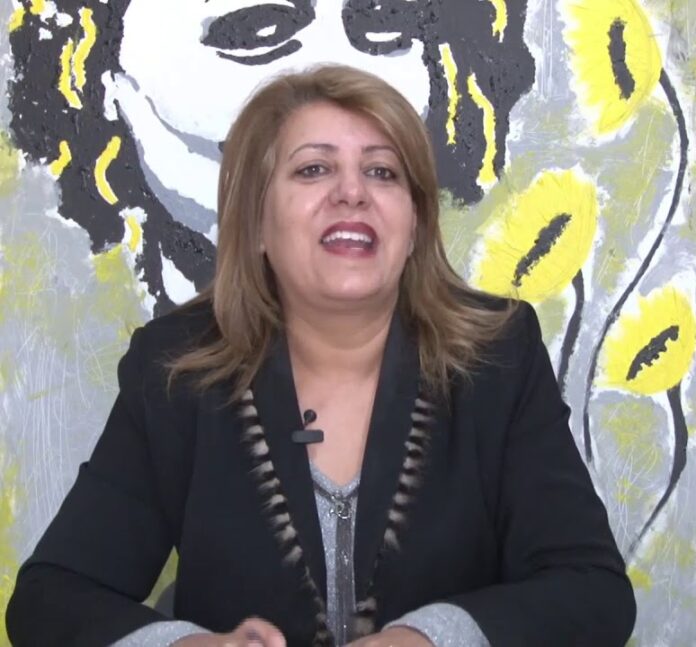After her election as a new president of the Tunisian Association of Democratic Women, Naila Zoghlami confirmed that the association will defend the economic and social rights of women and equality in inheritance. This came immediately after the end of the work of the 13th conference of the “Tunisian Association of Democratic Women” with the election of a new executive office that will lead the women’s organization.








